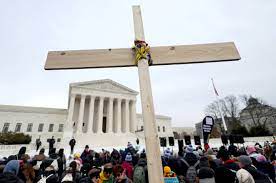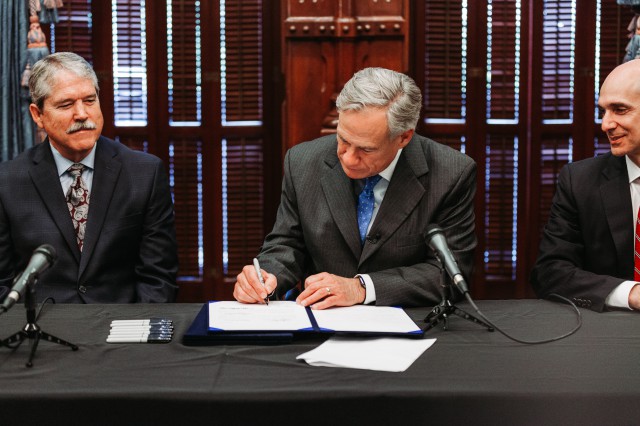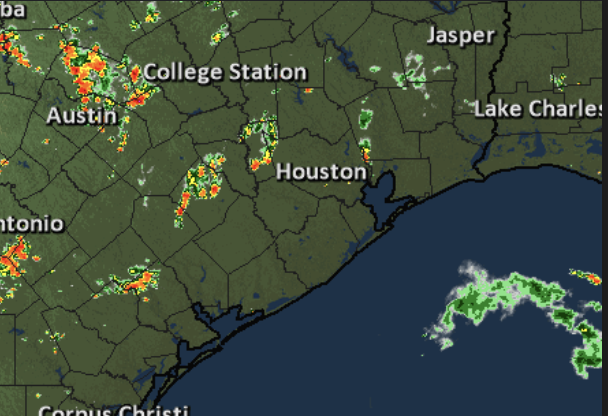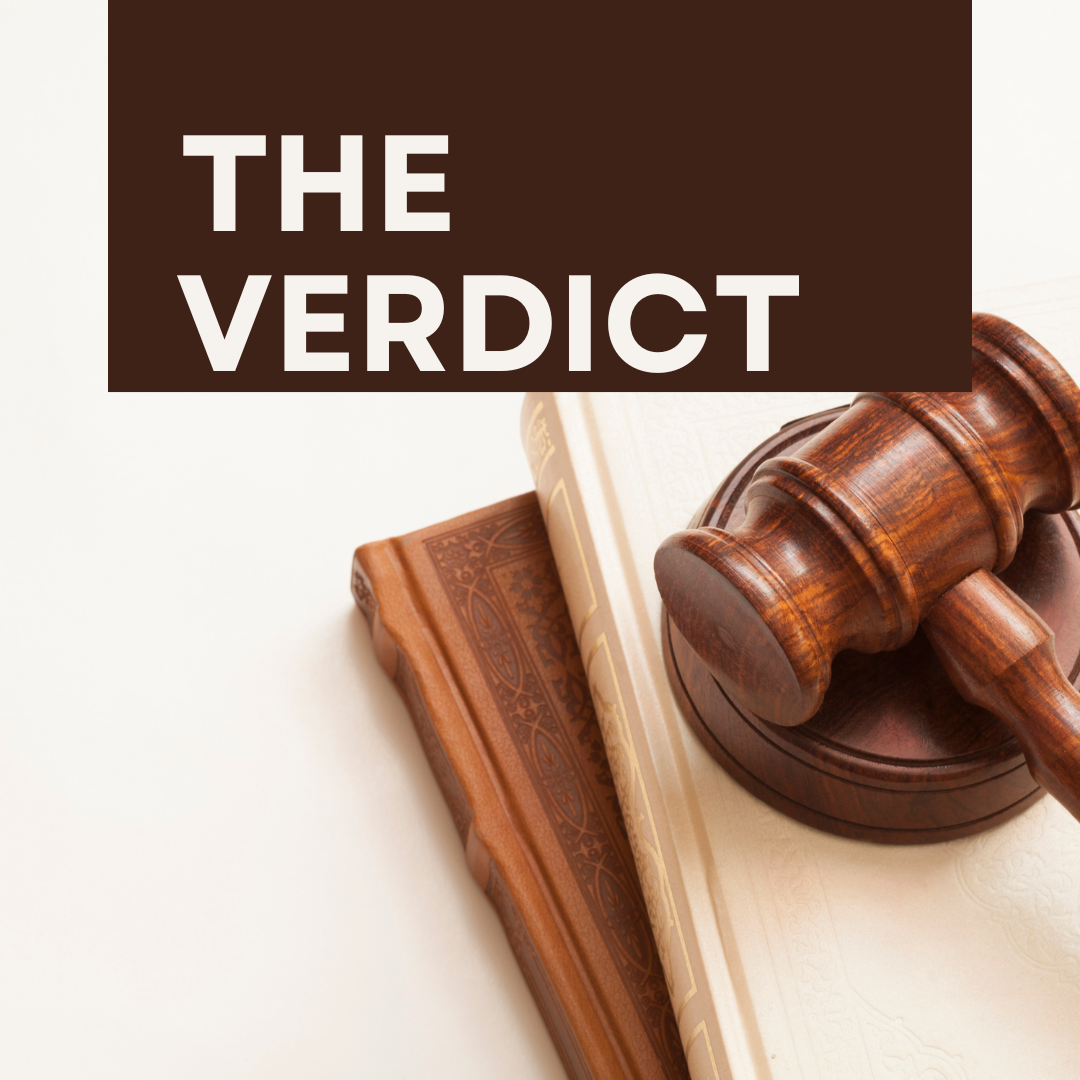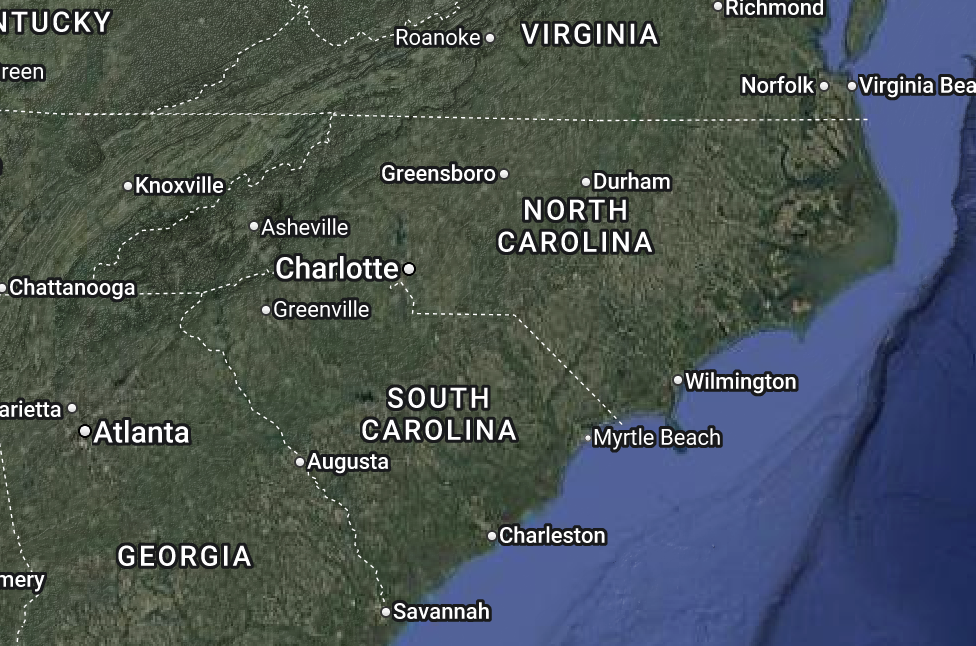Even though the constitution explains the concept of Separation of Church and State, Texas continues to pass laws that appeal to a religious bias. Recently, Texas lawmakers passed a law that gives public schools the right to replace their counselors with unlicensed chaplains.
A chaplain is a follower who provides prayer and religious care to individuals in a non-religious environment rather than at a Christian church. What if a student who believes in a different religion or doesn’t believe in a religion needed assistance but could only talk to a chaplain, what would both parties do? To meet each student’s needs, school boards would need to also implement a religious leader for other religions other than Christianity.
Would chaplains be an add-on or are they completely replacing school counselors? If a chaplain program were added, how would that affect the school’s budget? Just two years ago CCISD made budget cuts by getting rid of the assistant choir director position, losing theater directors, and an Intermediate school’s musical program was completely cut, etc. It’s quite known that chaplains would get paid less if they were to replace school counselors. Would that extra money be able to bring those positions back? Or are these chaplains just an implicit way of telling school counselors there was another budget cut?
Many people fear this may make things worse for students. For example, many people worry this may be a trojan horse for religious leaders to recruit children and gain a strong hold on the school board. Even more, some say this could make children’s mental health even worse because some chaplains may diagnose a child’s thoughts as a “sin.” And to simply pray that feeling away. House Democrats also offered amendments to require chaplains to receive consent from the parents these children, and to make schools provide chaplains from any faith or denomination requested by students. All amendments, however, failed.
More than 100 of the chaplains in Texas disagree with this idea and have written letters to the Texas school boards begging them to change the law and keep the chaplains out of these public schools. Letters even mention the chaplain training and experience, is not a replacement for school counselors, and urge school to reject this “flawed” policy.
A counselor has a bachelor’s degree in psychology, then completes a graduate degree in counseling before they can work in a school. Chaplains have similar training as they must have a formal degree in theology, psychology, or counselling. Although those chaplains may have training, Texas would be allowing unlicensed chaplains to be counseling kids in these public schools.


